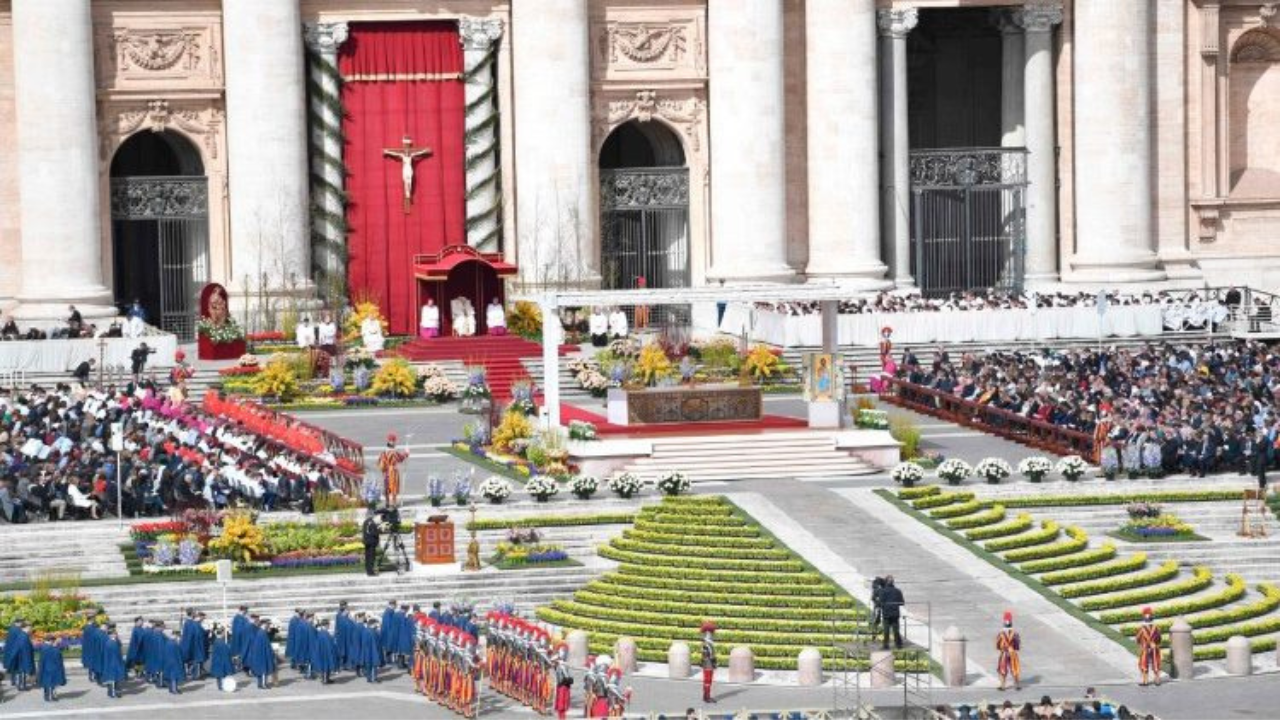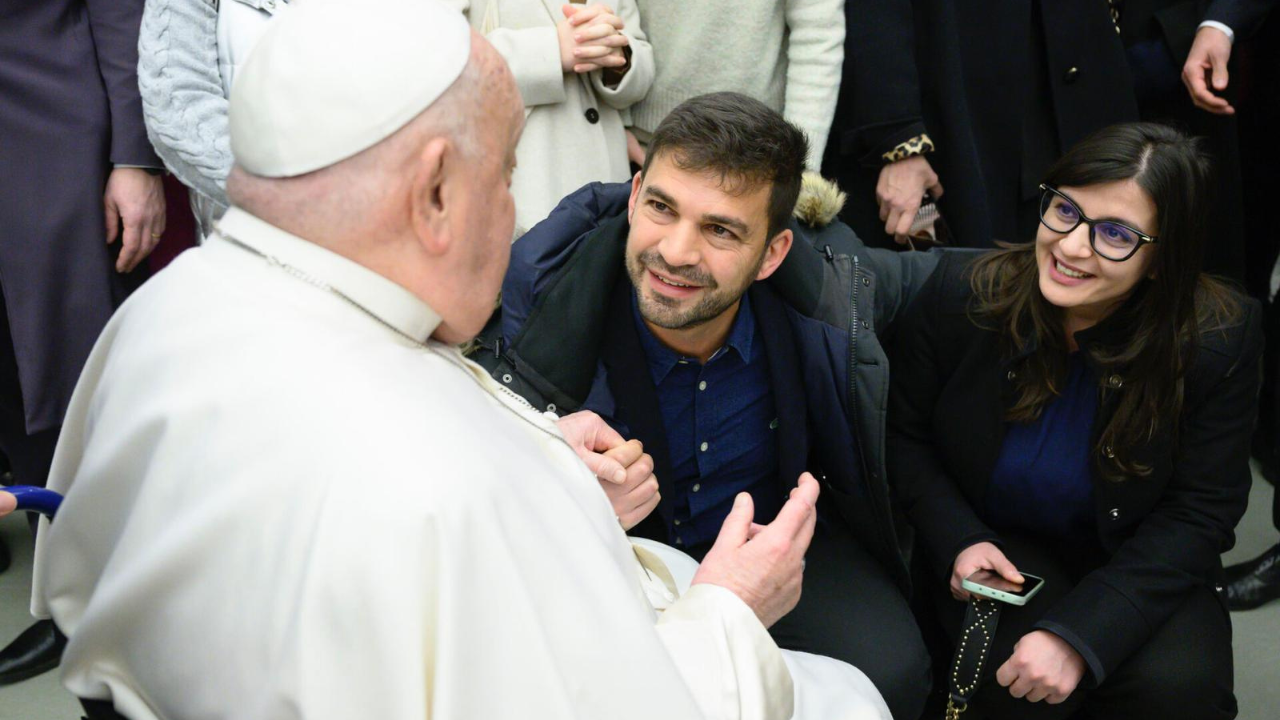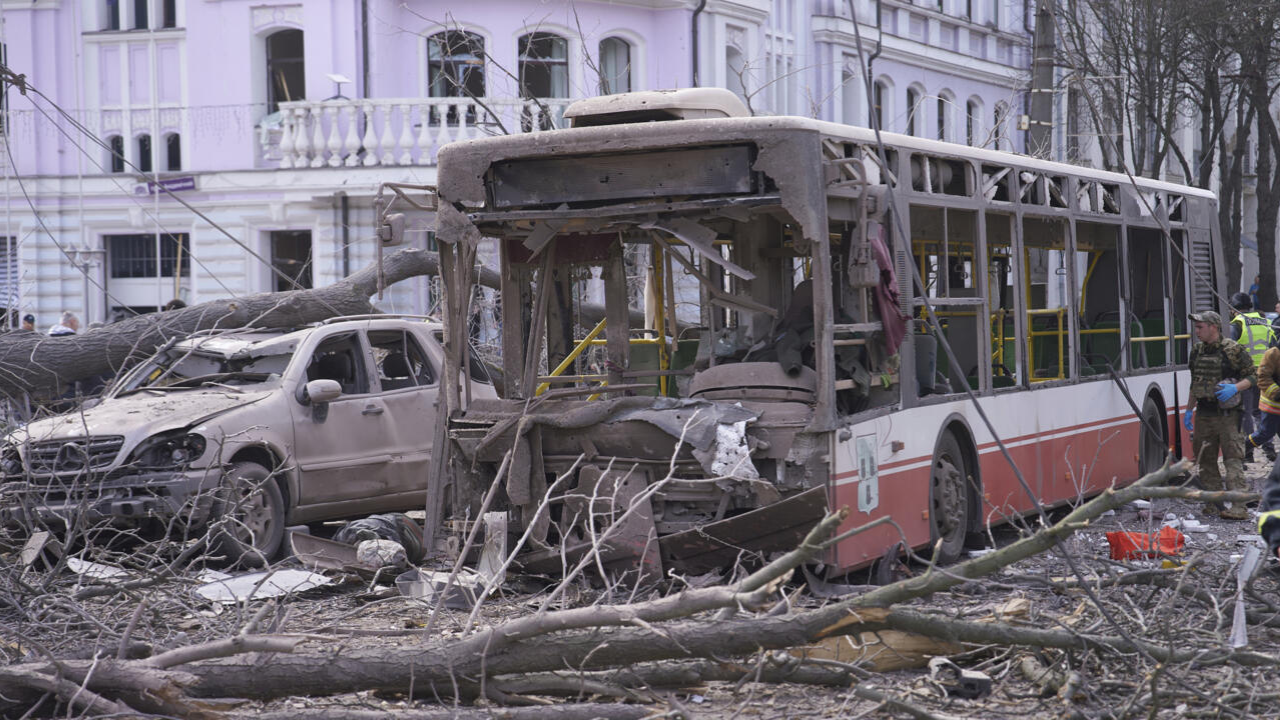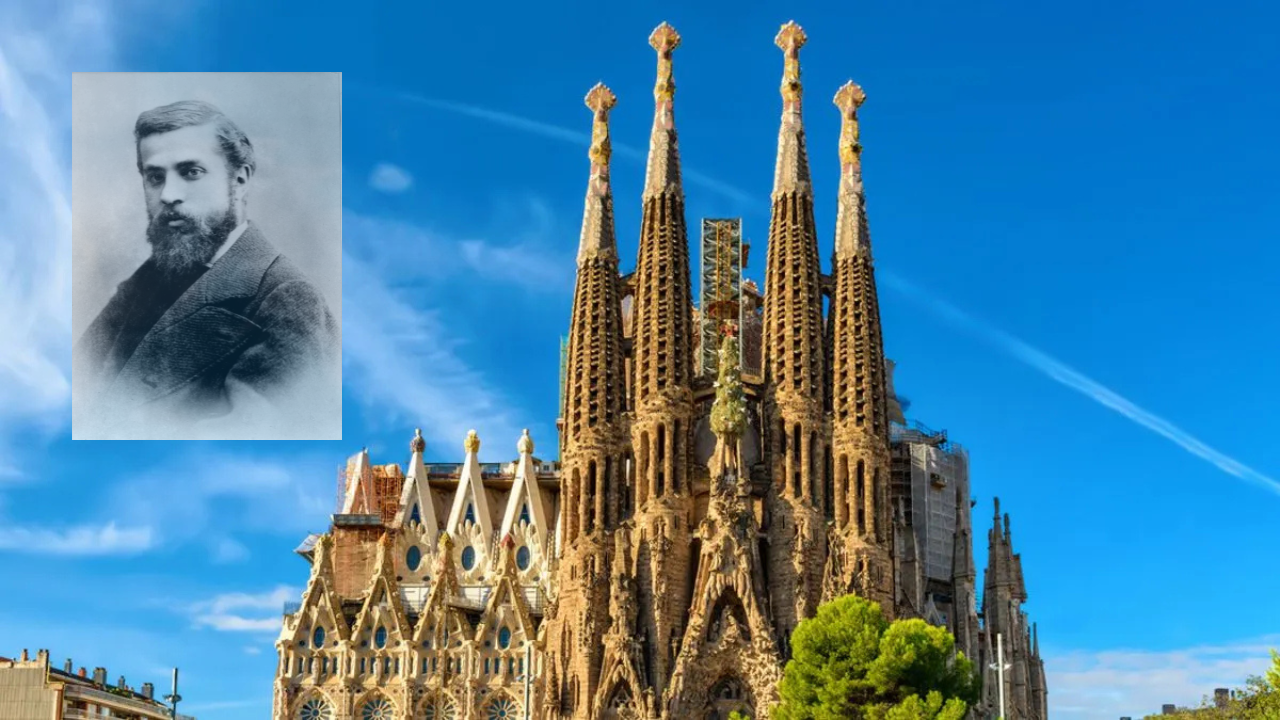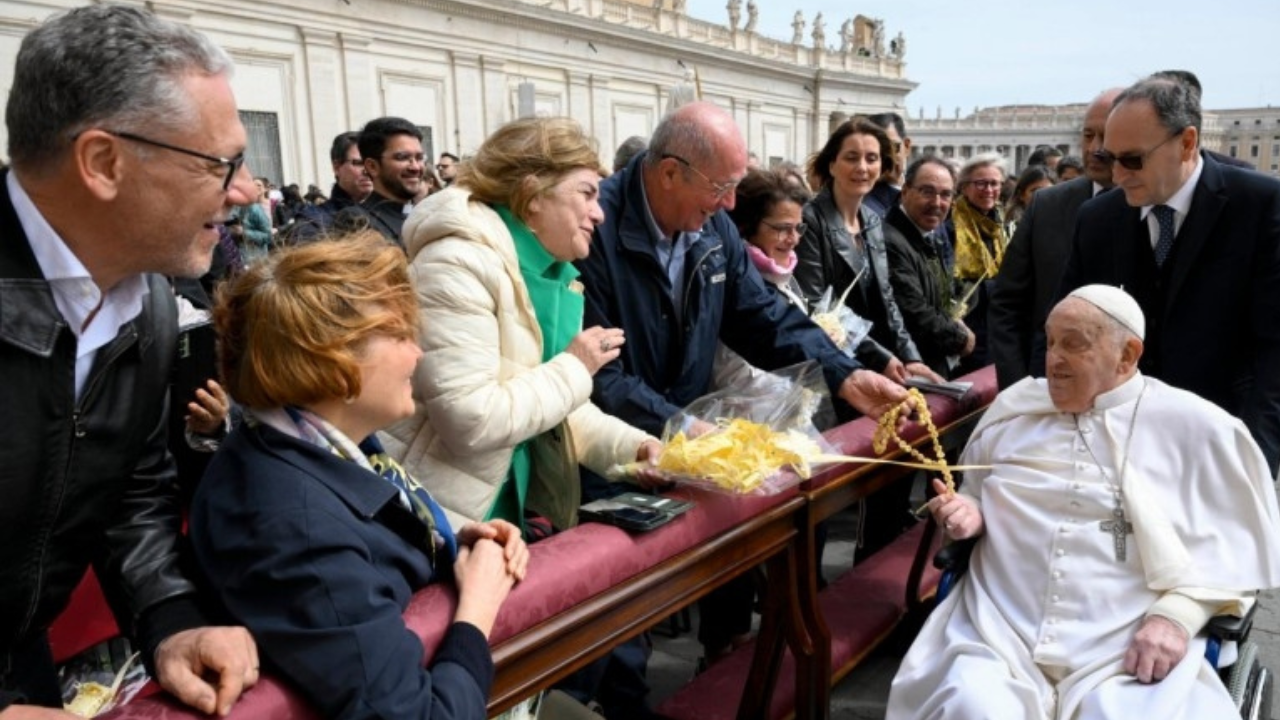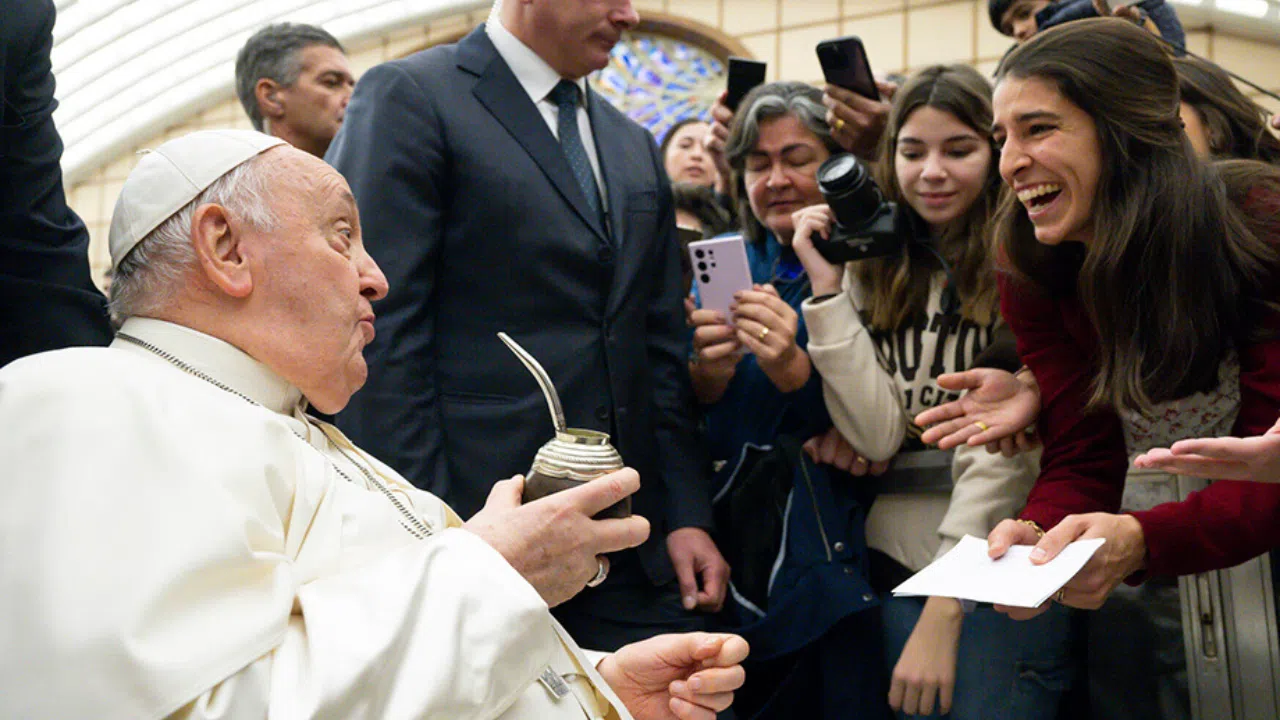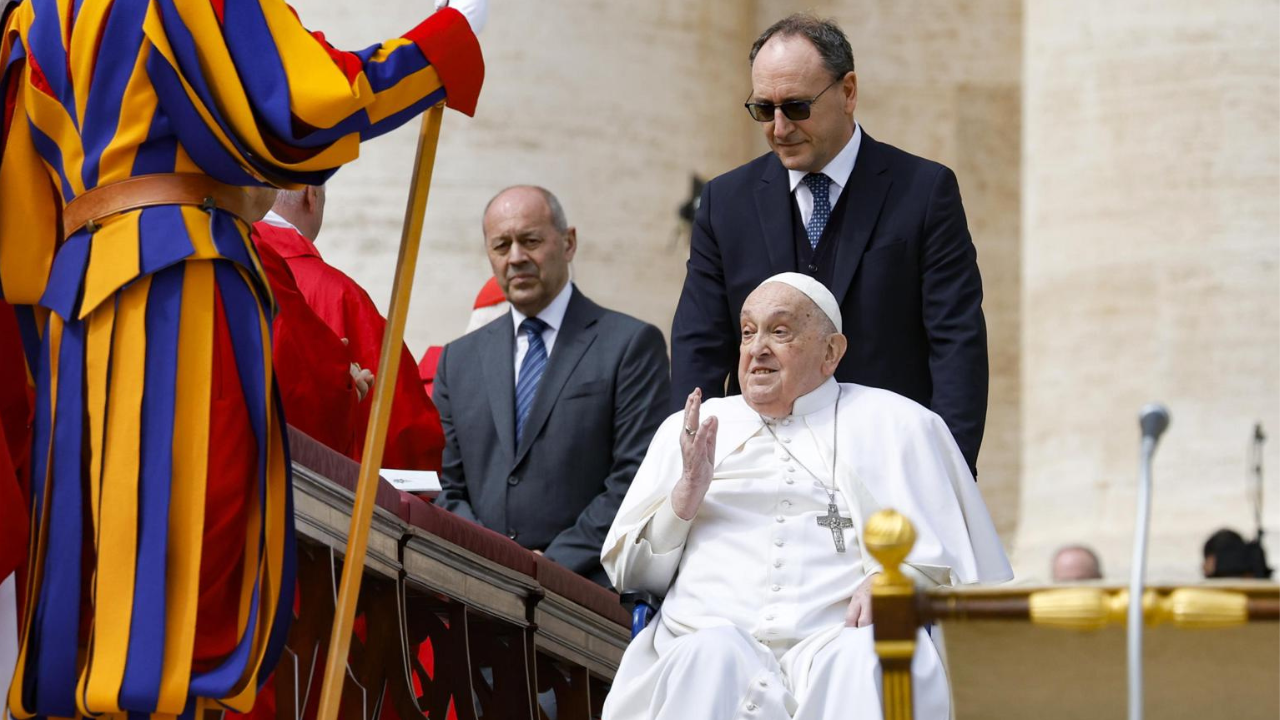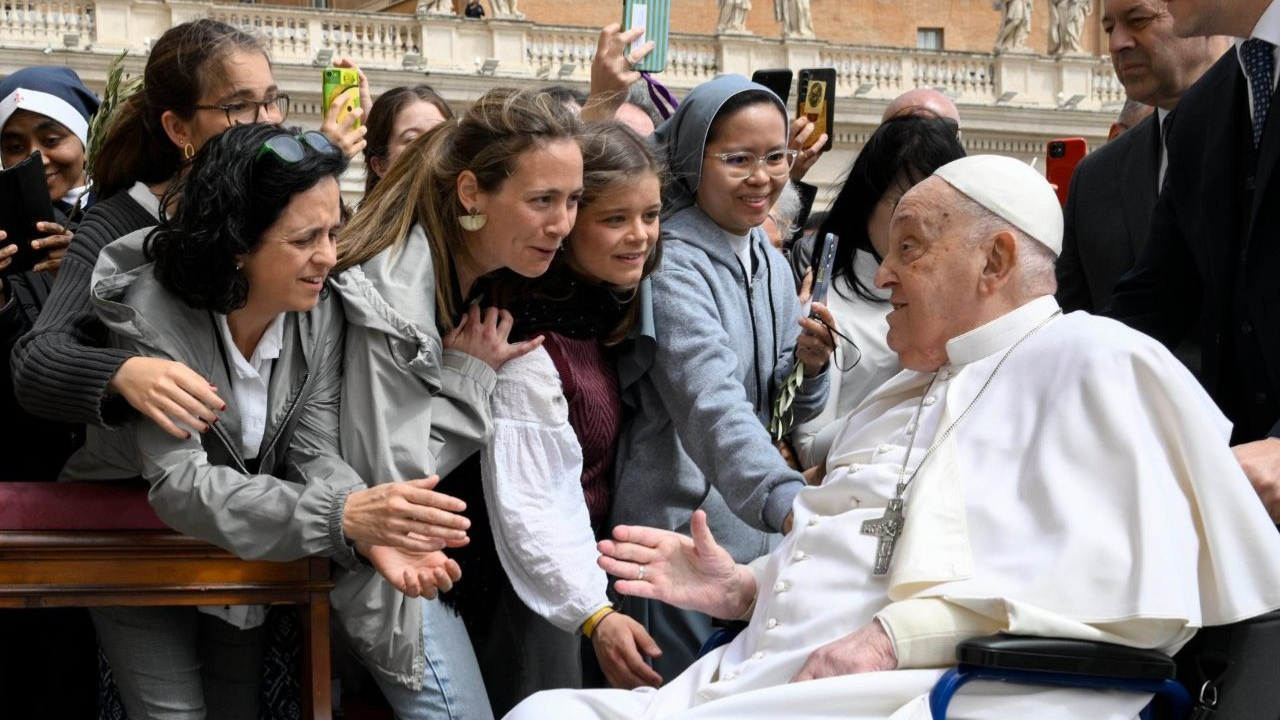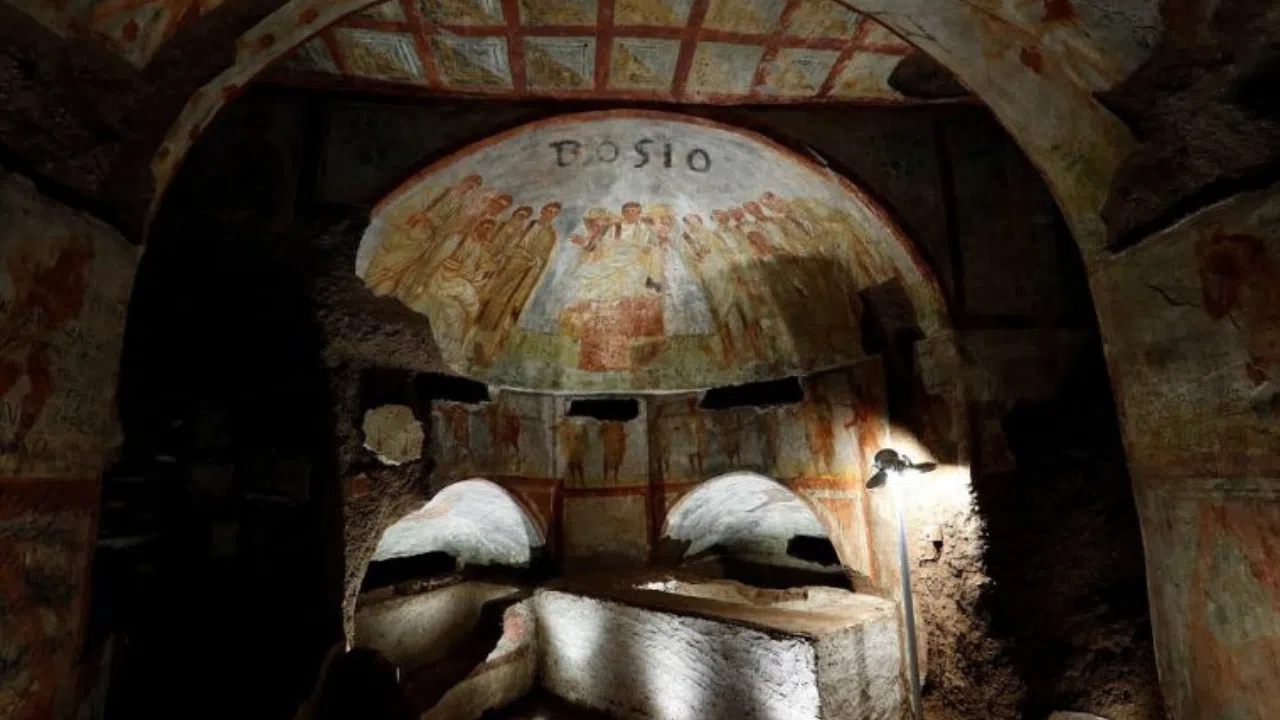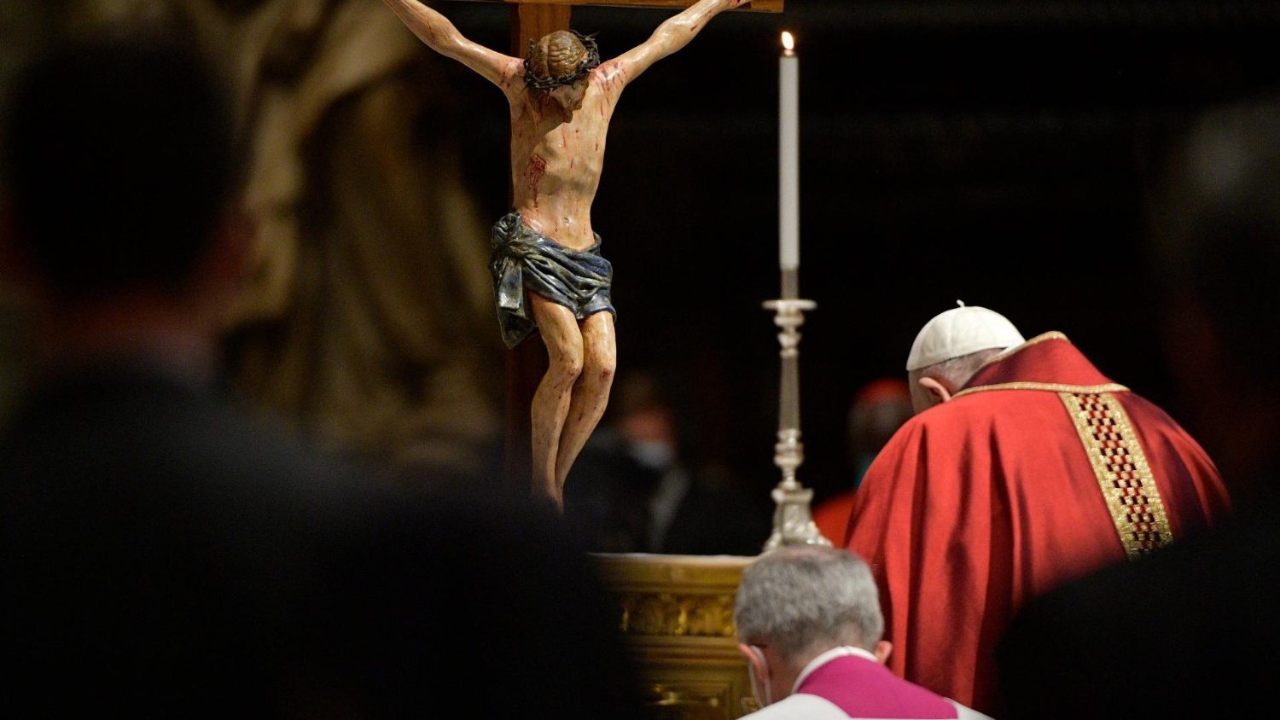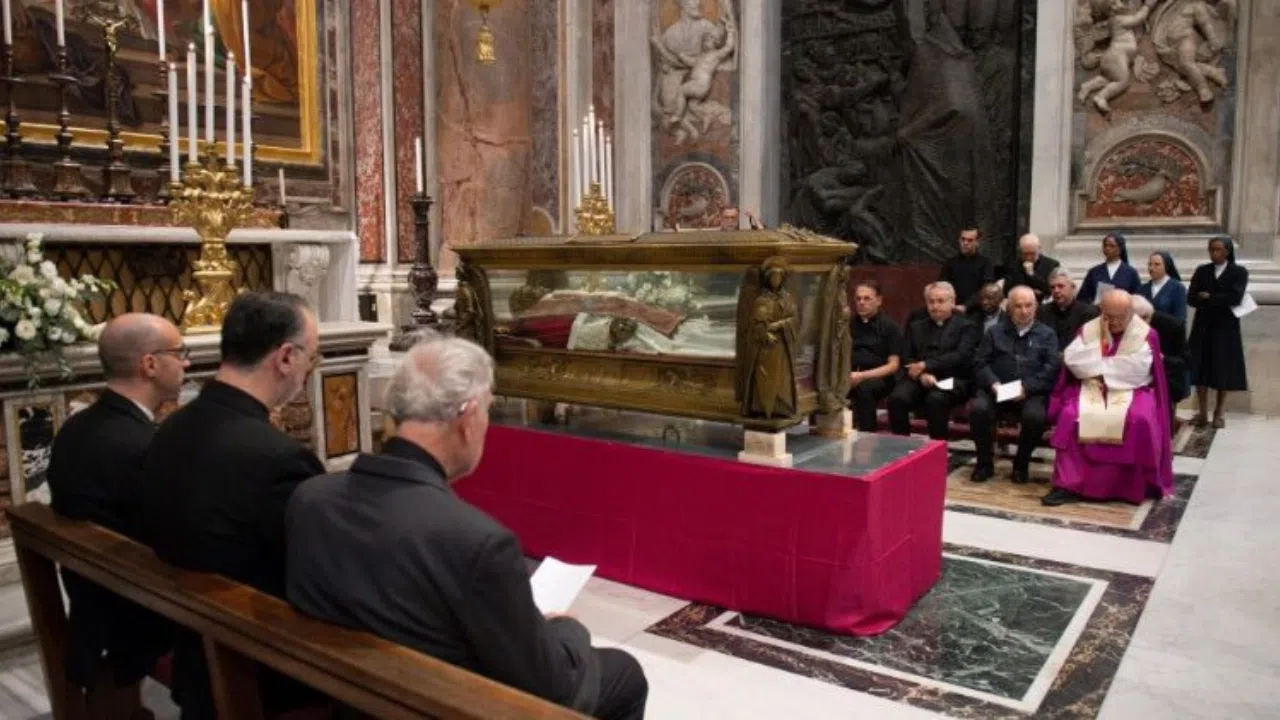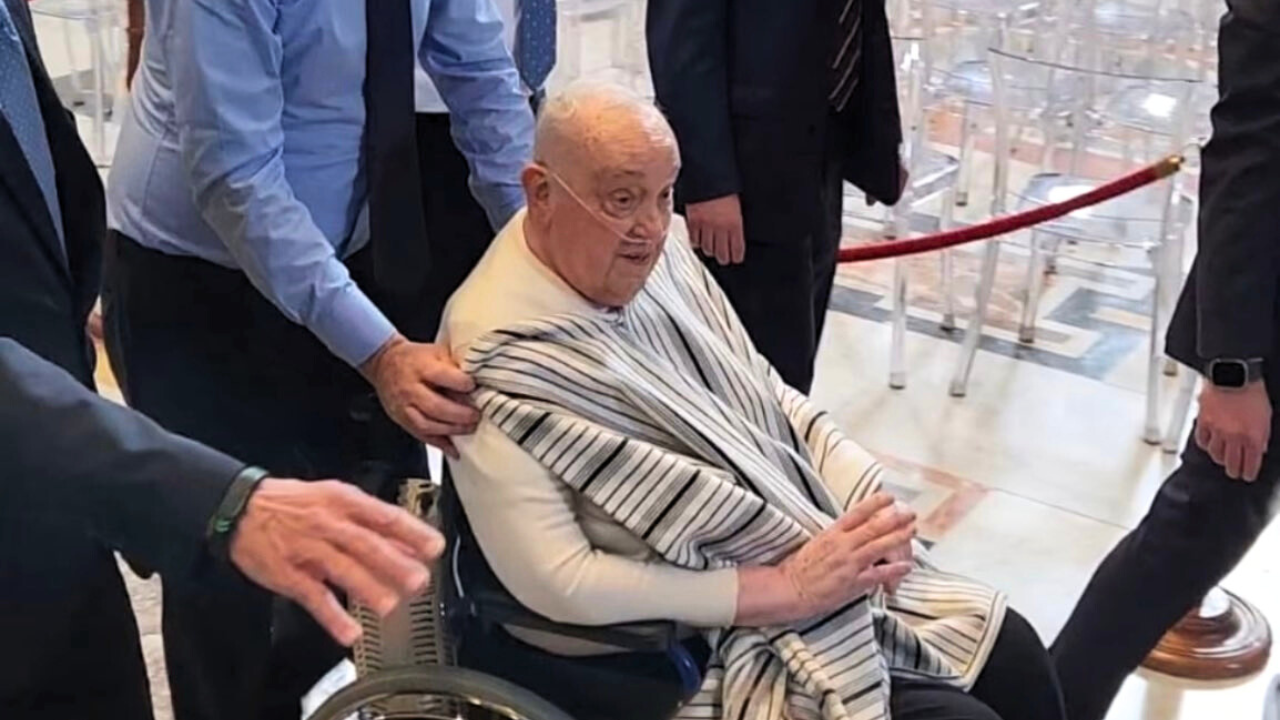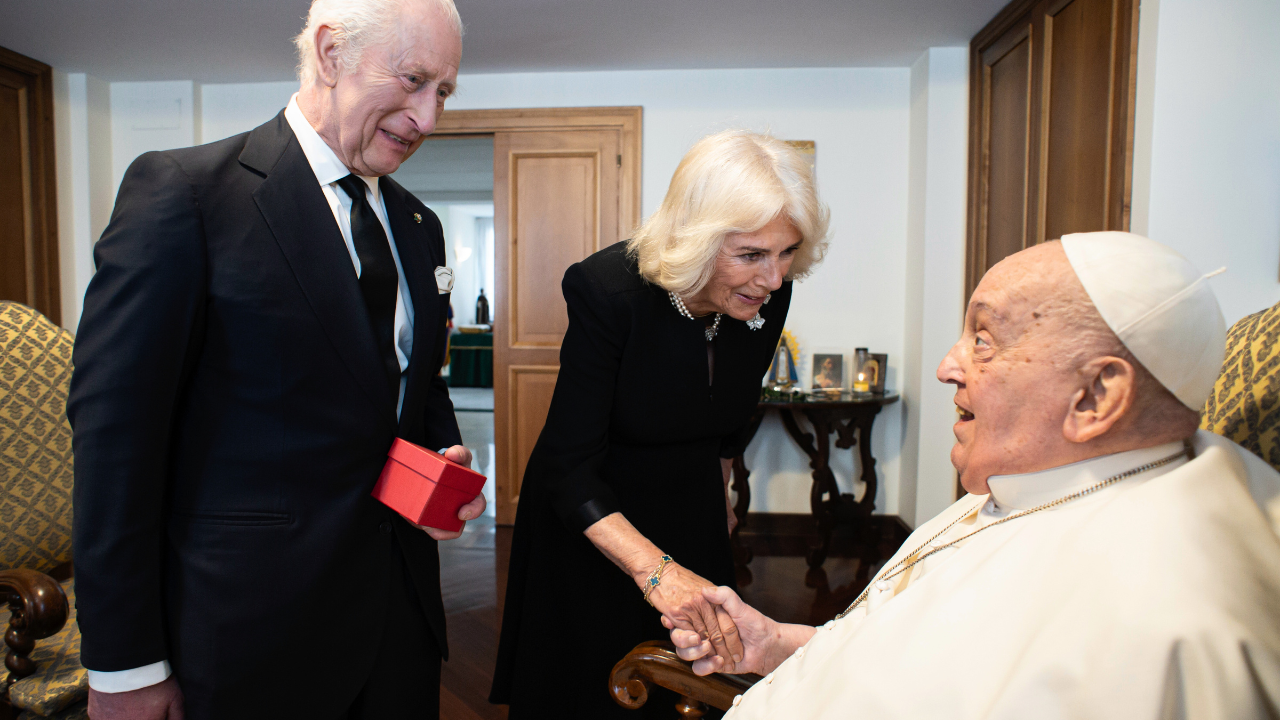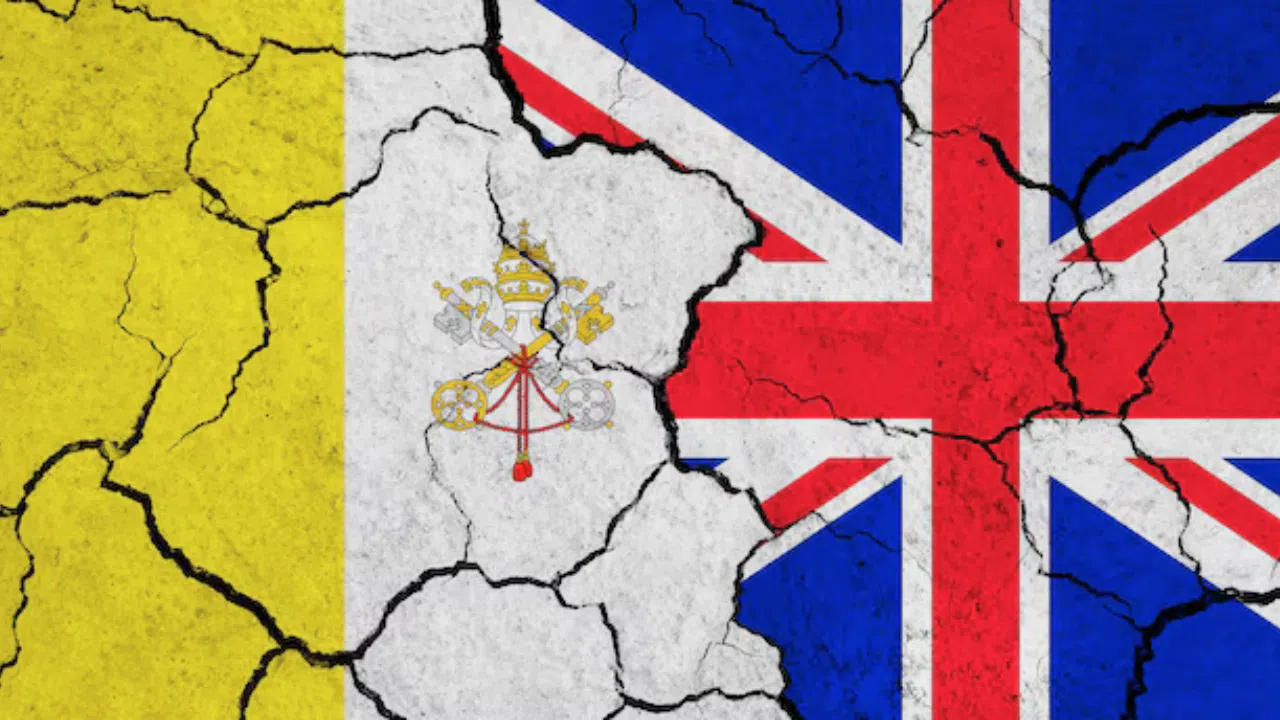The group of cardinals who will vote for the next pope in the event of a conclave has changed dramatically compared to the group of 2013 that elected Pope Francis.
FR. SERGIO TAPIA VELASCO
University of the Holy Cross, Rome
The Pope wanted to appoint cardinals from countries where cardinals had never been created before, such as South Sudan and Mongolia. But also from countries where there is a small Catholic community.
For example, Asia is one of the continents where Catholics are growing the most. The number of cardinals from this continent has multiplied to 23 compared to the 10 it had a decade ago. And in Africa, the number has gone from 11 to 19.
CARD. STEPHEN BRISLIN
Archbishop of Cape Town, South Africa
I think Pope Francis has really tried for this, of getting universality of the Church well represented in the College of Cardinals. And it's lovely to know that among the new appointees, there are 3 from Africa and that really is great.
CARD. STEPHEN MARTIN MULLA
Archbishop of Juba, South Sudan
I know we can contribute to the universal Church. We are a local Church, but we can still contribute to this universal Church. I know that South Sudan is emerging out of a long war, but I know we will establish more and more this peace, we will build peace, reconciliation on the line.
The Pope also included cardinals from volatile areas or where Christians are few, discriminated against or persecuted. For example, in the Middle East where Islamic fundamentalism and the Israeli-Palestinian conflict have caused a continuous exodus of Christians. Now, they are a minority, hovering just around 1%. In 1948, before the creation of the State of Israel, they made up 25%.
CARD. PIERBATTISTA PIZZABALLA
Latin Patriarch of Jerusalem, Holy Land
The Holy Land is a blessed but also a martyred land because it is a land where there is still conflict—political conflict between Israelis and Palestinians that heavily impacts everyone's general life, not just Christians. And then it's also a place where Christianity, Judaism and Islam do not always coexist with each other easily. It is a coexistence that is very complex.
On the other hand, the numbers of cardinals from Europe dropped from 52% to 39%. For example, Italy had 28 cardinals in 2013 and now it only has 14.
Moreover, Pope Francis made an unconventional decision. In Europe, he elevated men to the College of Cardinals who were not archbishops of major dioceses such as Venice, Milan or Paris. These areas are traditionally where cardinals and even popes are chosen from as was the case of Pope Paul VI and Pope John Paul I.
In fact, Pope Francis made men cardinals from smaller dioceses with less political and more pastoral backgrounds. Several examples are the dioceses of Como, Italy or Corsica, France. With these appointments, the Pope has expressed his wish for people to leave behind the sterile nostalgia of the past and look forward to the future.
POPE FRANCIS
ORIG. ITALIAN
Pope Benedict XVI affirmed that the different eras of secularization are a help to the Church because they have contributed in an essential way to her purification and interior reform.
CARD. FRANÇOIS-XAVIER BUSTILLO
Bishop of Ajaccio, France
In our country, in France, there is a lot of talk about knowledge, possession, power, action and it is a materialistic and often individualistic logic. But we rarely talk about "being." And the secularized society has removed God. God is on the periphery. God does not count. And we have realized that there is a vacuum.
One exception to this in Europe is Spain because the Pope made the Archbishop of Madrid a cardinal. This archbishop has a reputation for being very attentive to social problems, ranging from care of migrants to concern about the increase in suicides among young people. A study carried out by the Complutense University of Madrid indicates that in Spain the number of cases of minors who committed suicide has increased by 32% in recent years.
CARD. JOSÉ COBO CANO
Archbishop of Madrid, Spain
I am very concerned that one of the major problems of young people in Spain is suicide. This is a thermometer that tells us how society is doing.
We are in a society that thirsts for meaning, that is, we are in a society that thirsts for spirituality. And we are in a society where people are very lonely. What do we have to offer? We can offer meaning. We can offer God and we can offer community experience, which is what we know best.
In the 10 years of Francis' pontificate, Oceania has gone from one to three cardinal electors, and in North and South America, there are currently about nine more cardinal electors—most of them from Latin America.
72% of the cardinal electors have been appointed by Pope Francis during the last decade. His goal, as seen in each consistory, has remained the same: to further emphasize the universality of the Church.
CA/JRB
TR: KG
